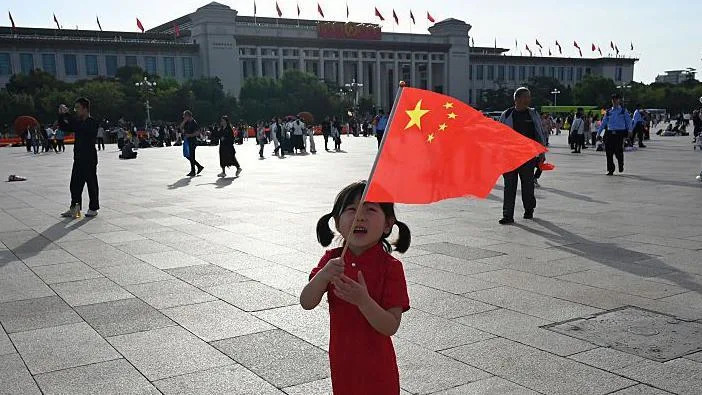Beijing is preparing its next chapter. As the Chinese Communist Party’s top brass gathers this week, they’re not merely setting domestic targets — they’re charting how the world’s second-largest economy will reshape the global order once again.
What emerges from these closed-door sessions will guide China’s next Five-Year Plan, the economic playbook stretching from 2026 to 2030. For decades, these plans have acted as the country’s compass — quietly transforming not only China’s destiny, but the world’s balance of power.
The tradition began in 1953, modeled after Soviet central planning. But it was Deng Xiaoping’s 1980s blueprint of “reform and opening up” that cracked open China’s borders and rewired the global economy. Factories along the Pearl River Delta replaced those in Detroit and Manchester. “Made in China” became a defining phrase of a new era of globalization.
By the early 2000s, as Western leaders debated climate goals, Beijing had already decided its next move: green technology. Electric vehicles, solar energy, and rare earth mining became the foundation of a new economic vision. That decision propelled China to dominance in renewable energy and the materials vital for artificial intelligence and semiconductor production — a dominance that still rattles Washington.
Under Xi Jinping, that ambition has hardened into ideology. The current mantra of “high-quality development” has evolved into a doctrine of “new productive forces” — a push to secure independence from Western technology and safeguard national security. The message is clear: China intends not just to participate in the global tech race but to define it.
Read Also: Israel, Hamas Trade Blame As Fragile Ceasefire Teeters Again
The next plan will likely accelerate that pursuit — doubling down on self-reliance, innovation, and technological sovereignty. China wants to ensure its rise can no longer be slowed by sanctions, export bans, or the political tides of other nations.
For much of the past half-century, the world has watched China adapt to the forces of globalization. This time, it may be globalization adapting to China. As Beijing writes its next economic script, one truth remains: every line inked in those committee halls has a way of echoing far beyond their walls — shaping not just China’s future, but the rhythm of the modern world.










